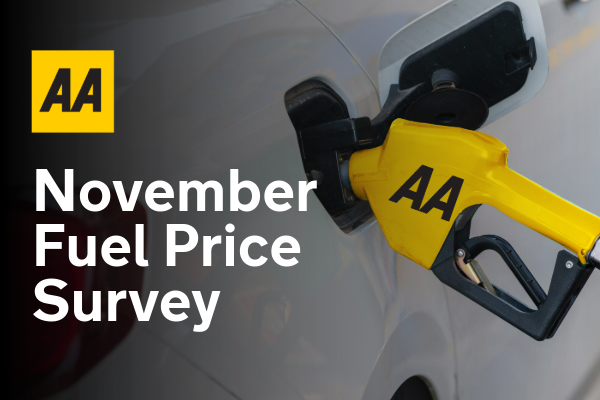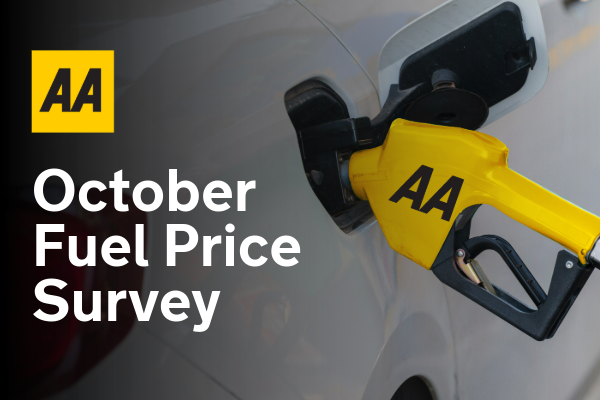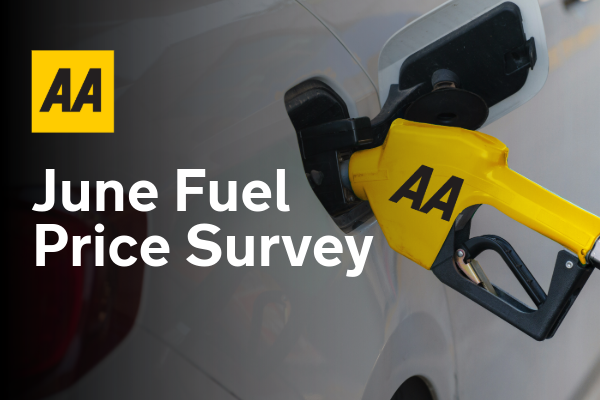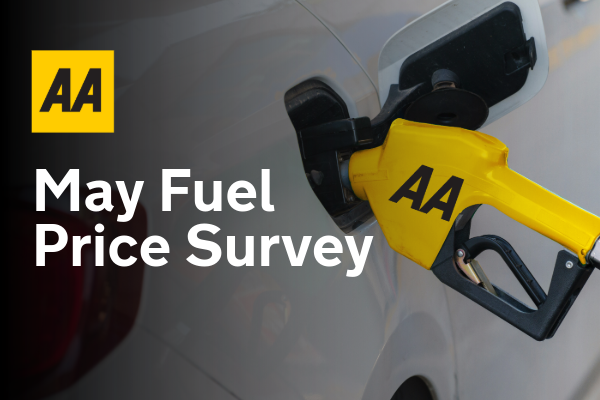The average price of a litre of petrol in Ireland is now 161.2 cent, down 6.7 cent in the last month. Diesel also fell but less sharply. A litre now costs 156.0 cent, down 2.8 cent on the figure for October.
It is a sharp fall for the second month running so it is certainly good news but lets not get carried away. Says Director of Consumer Affairs Conor Faughnan. 2012 has been the worst year in our history for fuel prices. We began the year with record high prices and a budget tax increase and it got worse with each passing month. Prices hit an astronomical 1.70 a litre in September and have moderated since then.
The fall in the last two months has been caused by a slight reduction in world oil prices and a slight improvement in the exchange rate of the Euro versus the US dollar. While this is welcome, the AA reports that a typical motorist who consumes 150 litres of petrol per month will fork out 19.35 extra this month compared to the same period last year and 45 more monthly than two years ago.
International factors are a relatively small part of the problem according to the AA. By far the biggest factor in a year of record-breaking prices is the amount that is taken in taxation.
When a motorist pays 1.612 for a litre of petrol, 56.4% of that is tax. Every month a typical Irish motorist*will pay 241.80 for fuel of which 136.38 is tax.
It amazes me how many people contact the AA to complain about the prices in their local garage. Says Faughnan. The government is always happy for them to be the lightning-rod for criticism. But
when you spend 1.612 on a litre of fuel the garage is doing well to make 4 cents from it. The wholesaler might get 8 cent. The State gets a thumping 91 cent per litre.
It is in this context that the AA repeats its call to the Irish government to end the policy of crippling fuel taxes. These are a burden on motorists and businesses that drain disposable income out of the local economy.
We still hope for a sensible decision on fuel taxes next month. Says Faughnan. We accept of course that the government needs money. What is far less clear is whether high fuel taxes actually achieve this result. Fuel sales and distances travelled are falling again this year. Super tax on fuels is more of an anti-stimulus measure than a revenue raising one.
*If a car does 12,000 miles or 19,200 kms per annum at a fuel economy of 30 mpg (9.42 litres per 100 kms) it will use 150 litres of fuel per month.
Fuel prices









